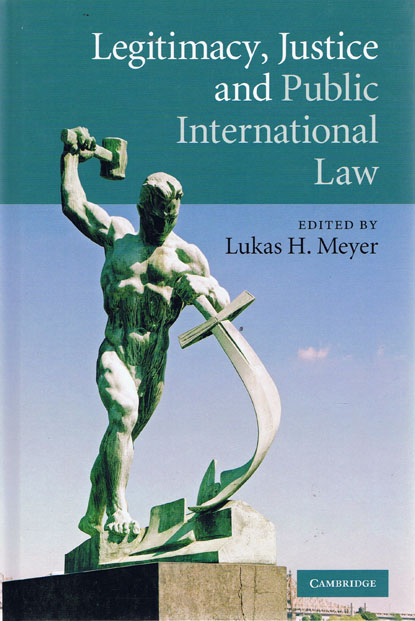
Do states or individuals stand under duties of international justice to people who live elsewhere and to other states? How are we to assess the legitimacy of international institutions such as the International Monetary Fund and the United Nations Security Council? Should we support reforms of international institutions and how should we go about assessing alternative proposals of such reforms?
The book brings together leading scholars of public international law, jurisprudence and international relations, political philosophers and political theorists to explore the central notions of international legitimacy and global justice.
The essays examine how these notions are related and how understanding the relationships will help us comparatively assess the validity of proposals for the reform of international institutions and public international law.